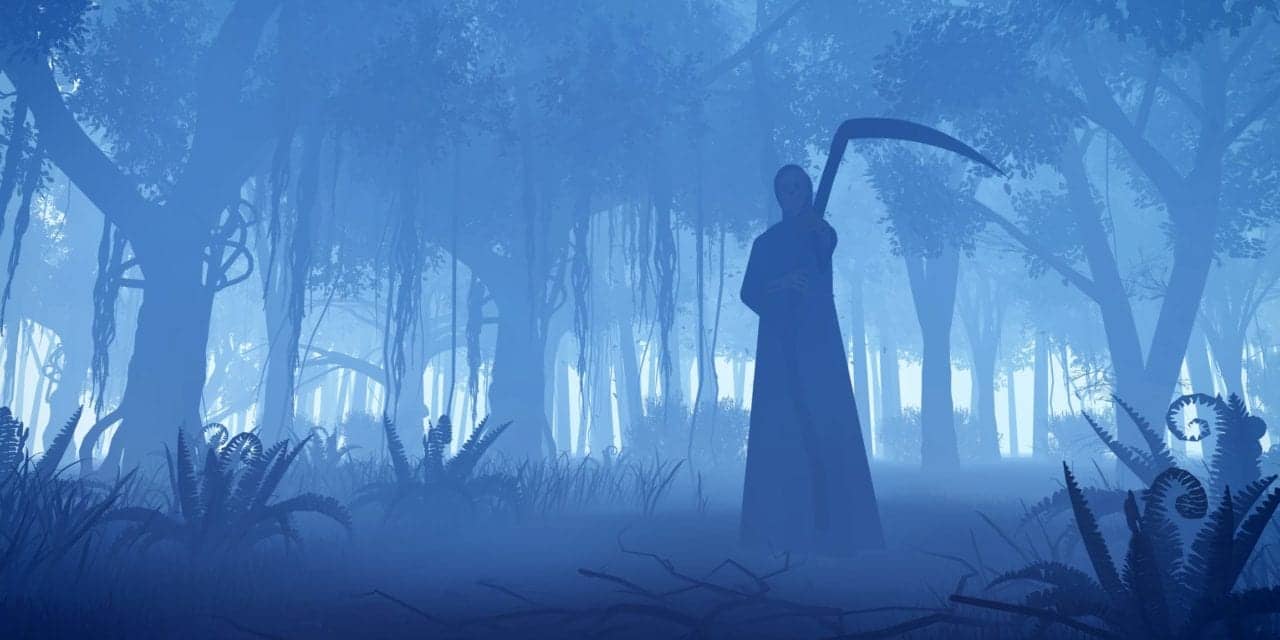Quanta Magazine‘s The Joy of Why podcast recently released an episode on the evolutionary history of sleep.
Why do we need sleep? In their long search for answers, scientists have often uncovered only more thought-provoking mysteries about what sleep is, how it evolved and the benefits that it provides. In this episode, Steven Strogatz — the noted mathematician, author and host of The Joy of Why — speaks with Dragana Rogulja, an assistant professor of neurobiology at Harvard Medical School who recently discovered how sleep deprivation causes death in fruit flies. Then he continues the conversation with Alex Keene, a neurogeneticist at Texas A&M University who studies cave fish to understand more about the evolutionary history of sleep.
Transcript Excerpts
Rogulja (02:07): For me, what is the kind of most defining characteristic of sleep is that kind of loss of awareness of the external environment and of your internal state, in many ways.
Usually, when we study sleep in humans or other mammals, we do these recordings where we look at electrical activity of the brain, right, and you can see these waves change, and you can’t do that in simple animals that sleep. Yet we know that they really do enter these states where they disconnect. They stop moving, but you can stop moving anyway, right? So, you stop moving, but this is coupled with that loss of awareness, relaxation of the body. And I think it’s a tricky thing, asking why. I think we want to get at the why. But the way that we want to get to the why is by asking how. What are the most primitive things about sleep that we can understand?
Strogatz (03:09): I notice you mention other animals besides people. I mean, we have this very, naturally, human-centric view of what sleep is about, we think about our dreams. But as you say, maybe to get at the how questions we should be looking, possibly, at other animals? Who sleeps in the animal world?
Rogulja (03:24): What we think today is really that sleep is as old as animals themselves. So there are these animals that we refer to as the living fossils, because supposedly, they haven’t changed much throughout animal evolution. And as we look at the simple animals, like jellyfish, and Hydra now, so animals that have very, very primitive nervous systems. It is very clear that they engage in these forms of behavior that I would say, for all practical purposes are really like our sleep. They disconnect, they stop paying attention to what’s going on around them, they can’t respond to external stimulation, unless that stimulation is very strong. So we see that in basically the simplest animals.
Listen to the full podcast on Apple Podcasts, Spotify, Google Podcasts or your favorite podcasting app, or you can stream it from Quanta.



